News
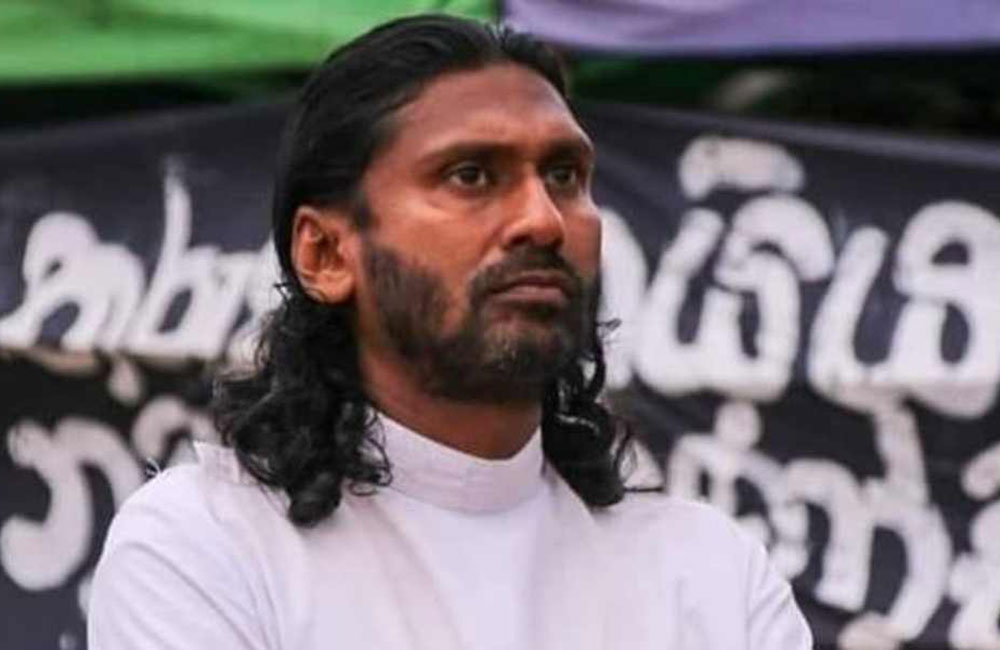
Rev. Fr. Jeewantha granted bail; Barred from overseas travel
Rev. Fr. Jeewantha Peiris who surrendered to the Colombo Fort Magistrate's Court on Friday (12) was released on bail.
He was charged with engaging in an unlawful protest by violating a court order.
The Magistrate rejected a request made by the Colombo Central Crimes Investigation Division to remand Rev. Fr. Jeewantha Peiris, and he was released on two personal bails of Rs. 500,000/-.
In addition, Rev. Fr. Jeewantha Peiris was barred from traveling overseas by the court and was also ordered to report to the Colombo Central Crimes Investigation Division on Saturday (13) morning to provide a statement.

Six more coronavirus-related deaths confirmed
Six COVID-19 deaths have been reported on Monday (08), the Government Information Department says.
Accordoingly, 3 males above the age of 60 and 02 females above the age of 60 have passed away due to the diesease, in addition to 1 male between 30 to 59 years of age.
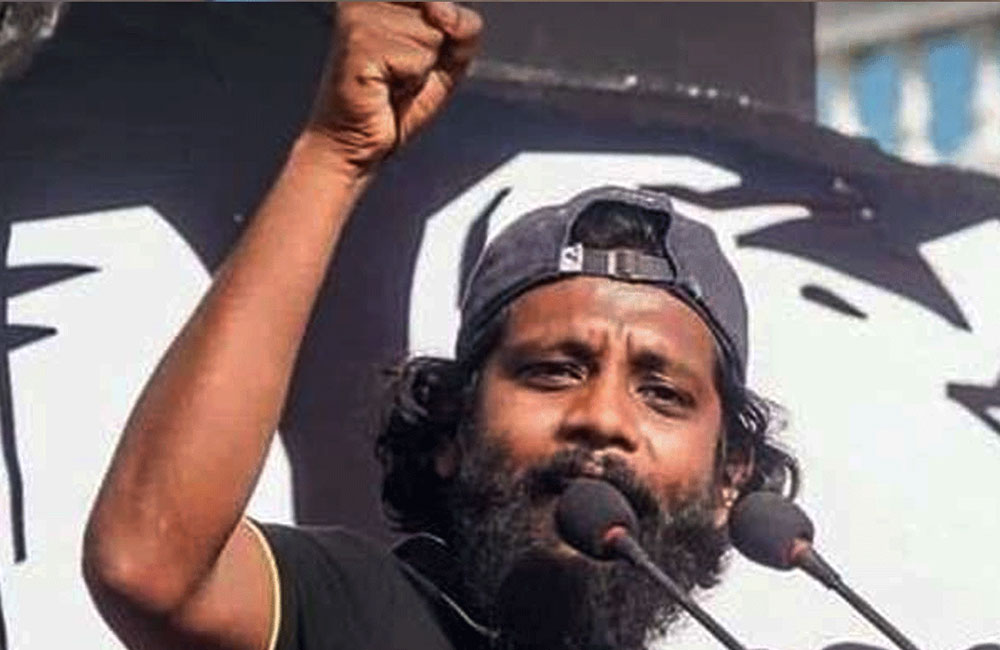
Dhanish Ali and 3 others further remanded
Dhanish Ali and three others have been futher remanded until 26 August.
Colombo Fort Magistrate Thilina Gamage issued the order today (12) when the case was taken up at court.
The suspects were remanded on charges of trespassing into the Presidential House and damaging property.
The Fort Police had requested the court to further remand the suspects as investigations related to the incident are still being carried out.
The Magistrate accepted the request and ordered the suspects to be remanded for two more weeks.

PUCSL approves increase in electricity tariffs by 75%
The most conversed electricity tariff revision has finally been approved by the Public Utilities Commission of Sri Lanka (PUCSL). Accordingly, PUCSL Chief Janaka Ratnayake speaking to a briefing held in Colombo today (09) revealed that the charges will surge by 75 per cent.
Meanwhile, the water tariffs will also meet a rise, and accordingly, the Ministry of Water Supply stated that the proposal to raise the charges has already been presented to the Cabinet and that the Cabinet will decide on the percentage by which the water tariffs should increase.
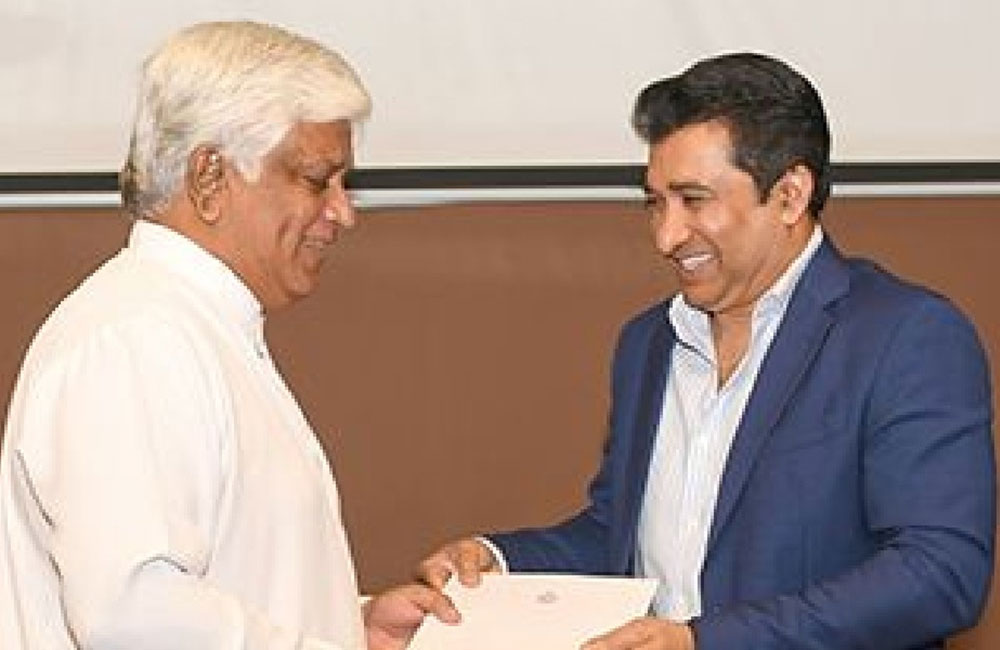
Arjuna chairs National Sports Council with Tri-Forces Commanders
Awarding letters of appointment to the Chairperson and members of the National Sports Council was held on 10th August 2022 at the National Sports Council, Torrington Avenue, under the patronage of the Minister of Sports and Youth Affairs Roshan Ranasinghe.
Former Sri Lanka Cricket captain, Arjuna Ranatunga was appointed as the Chairperson of the National Sports Council which comprises Tri-Service Commanders and other members, who presented letters of appointment on 10th August.
Commander of the Navy, Vice Admiral Nishantha Ulugetenne was appointed as a member of the National Sports Council.
Lieutenant General Vikum Liyanage Commander of the Army was also appointed as a member of the National Sports Council of the Ministry of Sports.
Commander of the Air Force, Air Marshal Sudarshana Pathirana was appointed as an active member of the National Sports Council as well.
The National Sports Council has been established with the notion to advise the Minister on matters connected with the promotion, development, and control of sports in Sri Lanka.
The National Sports Council's roles encompass consulting the Minister on the development of sports, its policies and to improve the nation's sports infrastructure and standards. Additionally, in accordance with the instructions of the Minister of Sports, basic preparations must be made to establish a new sports act and national sports policy.
Additionally, plans must be drawn to establish infrastructure, develop players to the professional level and recommendations must be made to the Minister regarding the selection of the national teams, school sports and special initiatives with the goal of creating a plan to improve school sports together with the Ministry of Education and making plans in place to create a sports economy using new trends and industrial areas like e-sports.
This is the first time in the sports history that Tri Forces Commanders were appointed as the active members of the National Sports Council in recognition of Tri Forces commitment to uplift the sports of Sri Lanka.
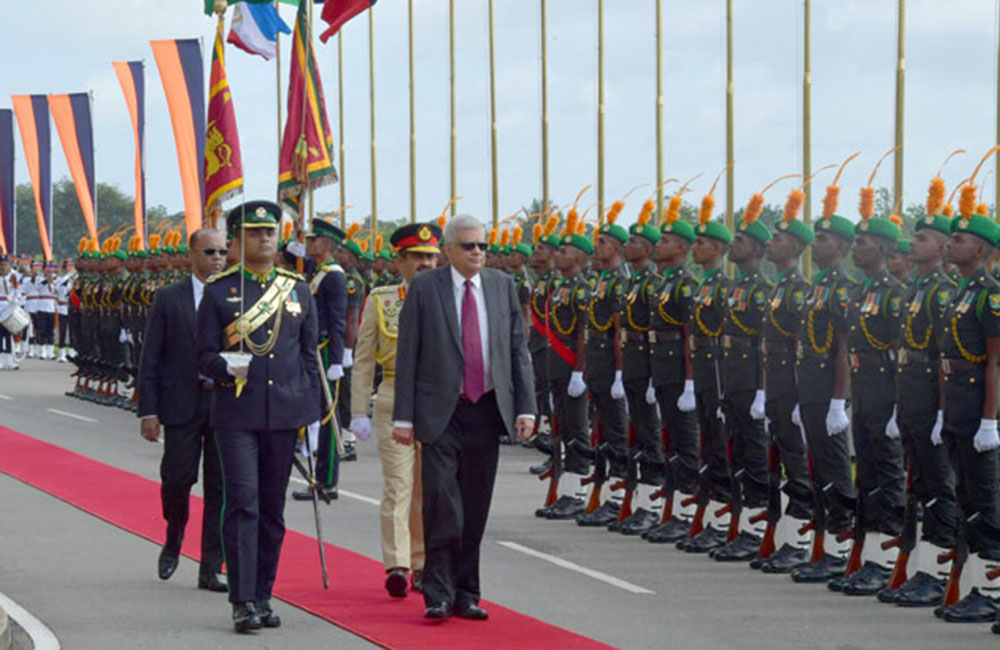
President praises troops for defending Parliament in maiden visit to Army HQ
The Army Headquarters at Sri Jayawardenepura on Tuesday (9) laid a red carpet welcome to the Commander-in-Chief of the Armed Forces, President Ranil Wickremesinghe when he made his first formal visit to the HQ at the invitation of the Commander of the Army, Lieutenant General Vikum Liyanage after the former's recent assumption of office as the 8th Executive President of Sri Lanka.
The Head of the State was saluted in a drive-past Guard Turnout in front of the Defence Ministry building. Lieutenant General Vikum Liyanage, Commander of the Army extended a warm welcome to President Ranil Wickremesinghe before ushering him to the parade square to receive honours.
Colourfully and elegantly-attired troops of the Gajaba Regiment (GR) presented arms and saluted the day’s Chief Guest, President Ranil Wickremesinghe after he reviewed the Guard of Honour at the request of the Parade Commander from the special dais in keeping with military traditions.
No sooner than President reviewed the highest military salute closely, made up of 04 Officers, 100 Other Ranks along with squads of President Colours and Regimental Colours.
At the main entrance to the AHQ, President Ranil Wickremesinghe was introduced to the Principal Staff Officers (PSOs) of the Army HQ by Lieutenant General Vikum Liyanage, Commander of the Army.
At the Commander’s office, both the visiting Commander-in-Chief of the Armed Forces and the host, Lieutenant General Vikum Liyanage had a very brief exchange of views. Commander of the Army also availed himself of the opportunity to present the first editions of the "Sri Lanka Army Keystone Doctrines; Command, Operations Other Than War and Sustenance " to the visiting Commander-in-Chief.
Attaching more importance to the day's itinerary, the President in an appreciative move did not forget to meet a representative gathering of Army troops who performed their duties on that fateful day a few weeks ago when a violent mob tried hard to take control of the Parliamentary complex which is considered as the pinnacle of the Democracy and Sovereignty of Sri Lanka. Army soldiers on duty while trying to prevent their entry sustained injuries and some of them had to be admitted to hospitals for urgent treatment.
President Ranil Wickremesinghe, addressing the gathering after a welcome note appreciated their timely intervention at the expense of their own lives and gave away certificates of appreciation to those heroic troops of the Army where he stated " Your actions that day preserved the Constitution, Democracy and Sovereignty of the country”.
Lieutenant General Vikum Liyanage towards the end of the distribution of appreciative certificates among soldiers, showed his organization’s gratitude to the visiting Commander-in-Chief of the Armed Forces by presenting a special memento on behalf of all in the Army.
The country’s 8th Executive President Ranil Wickremesinghe afterwards made a complimentary note in the Visitors' Book before he posed for a couple of group photos with Senior Officers at the Army Headquarters on request.
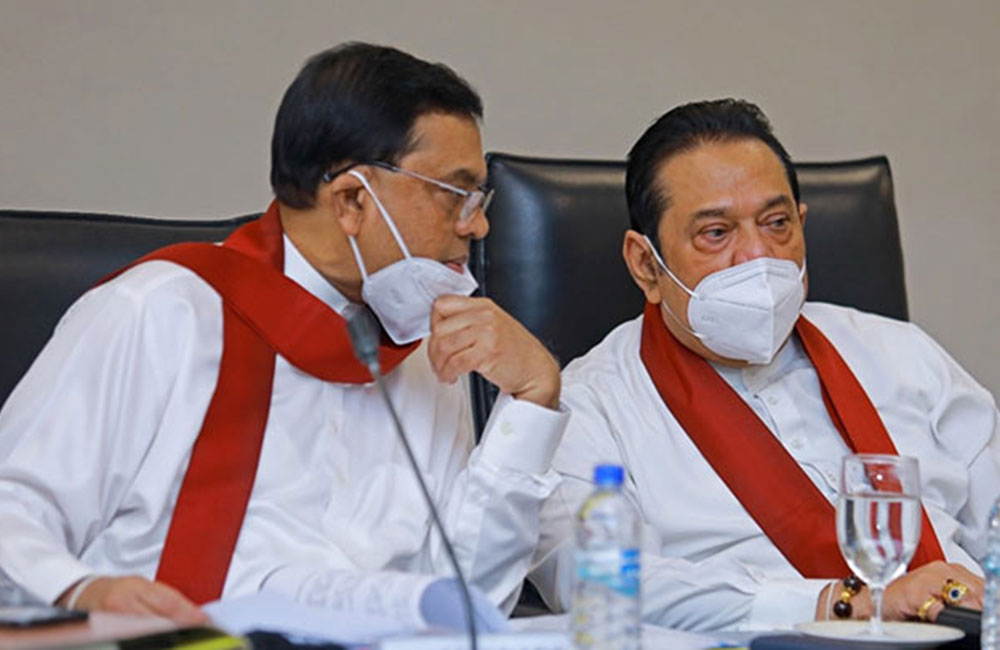
Travel Ban on Mahinda and Basil extended
The overseas travel ban imposed on Ex-President Mahinda Rajapaksa, and Ex-Finance Minister Basil Rajapaksa was extended to the 5th of September 2022, by the Supreme Cout of Sri Lanka.
The Former President, his brother, and several others have been named as respondents in two petitions seeking an order on the government to conduct an immediate investigation against those responsible for the current economic crisis.
The petitions by Professor Mahim Mendis, TISL, Chandra Jayaratne, Jehan CanagaRetna, and Julian Bolling claim that the respondents named in the petition are directly responsible for the unsustainability of Sri Lanka’s foreign debt, its hard default on foreign loan repayments, and the current state of the economy of Sri Lanka.
The petition calls for the respondents to be held accountable for their illegal, arbitrary, and unreasonable acts or omissions which culminated in the current crisis.
These petitions were taken up in the presence of Chief Justice Jayantha Jayasuriya, and Justice of the Supreme Court Buwaneka Alivihare, Vijith Malalgoda, L. T. B. Dehideniya, and Murdhu Fernando on Wednesday (10).
President's Counsel Upul Jayasuriya appearing for the petitioners noted that the Rs. 681 Billion tax break given to businessmen after Gotabaya Rajapaksa was elected as President, is the root cause of the economic crisis.
He said that awarding such a tax break even when the IMF had warned against it, citing that it could lead to an economic crisis, is a short-sighted decision.
The petitioners allege that the Former Finance Ministers Mahinda Rajapaksa, Basil Rajapaksa, and Former Governor of the Central Bank Ajith Nivard Cabraal are responsible for the economic crisis.

Lanka IOC permitted to open 50 new fuel stations islandwide
Sri Lanka has given approval for India’s Lanka Indian Oil Corporation (LIOC) to open 50 new fuel stations, a company official said on Monday, as part of efforts to reduce severe shortages that have crippled the island nation.
Sri Lanka is caught in its worst financial crisis in more than 70 years as a shortage of foreign exchange has left it struggling to pay for essential imports of food, medicine and, critically, fuel.
LIOC, the smaller player in the island’s fuel supply duopoly, already has 216 fuel stations and will invest about 2 billion rupees ($5.5 million) on the expansion, its Managing Director Manoj Gupta told Reuters.
LIOC is a subsidiary of India’s Indian Oil Corporation (IOC.NS) and is listed on the Colombo Stock Exchange.
“We have been trying for some time to get this approval and we are more than willing to come forward and play a larger role to support and work with Sri Lanka to resolve its challenges,” Gupta said.
The country’s largest fuel retailer, state-run Ceylon Petroleum Corporation (CPC), operates around 1,190 fuel stations.
LIOC’s retail expansion follows a separate agreement signed in December to gain control of 75 oil tanks in a strategically important storage facility near Sri Lanka’s eastern port of Trincomalee.
The company has also stepped up supplies to CPC in the last two months after Sri Lanka ran short of dollars to pay for shipments, forcing consumers to wait in long queues, sometimes for days. read more
India has poured about $4 billion into its southern neighbour this year to prop up the economy, including swaps and multiple credit lines to purchase fuel, food and fertilizer.
Sri Lanka is also in discussions with the International Monetary Fund (IMF) for a possible $3 billion bailout package, besides seeking assistance from China and Japan.
Source: Reuters

No power cuts tomorrow – PUCSL
The Public Utilities Commission of Sri Lanka (PUCSL) has informed that there will be no scheduled power cuts tomorrow (11) and on Sunday (14).
However, the commission approved one hour power cuts on the 12th and 13th of August between 6pm and 9pm for groups A to L and P to W.
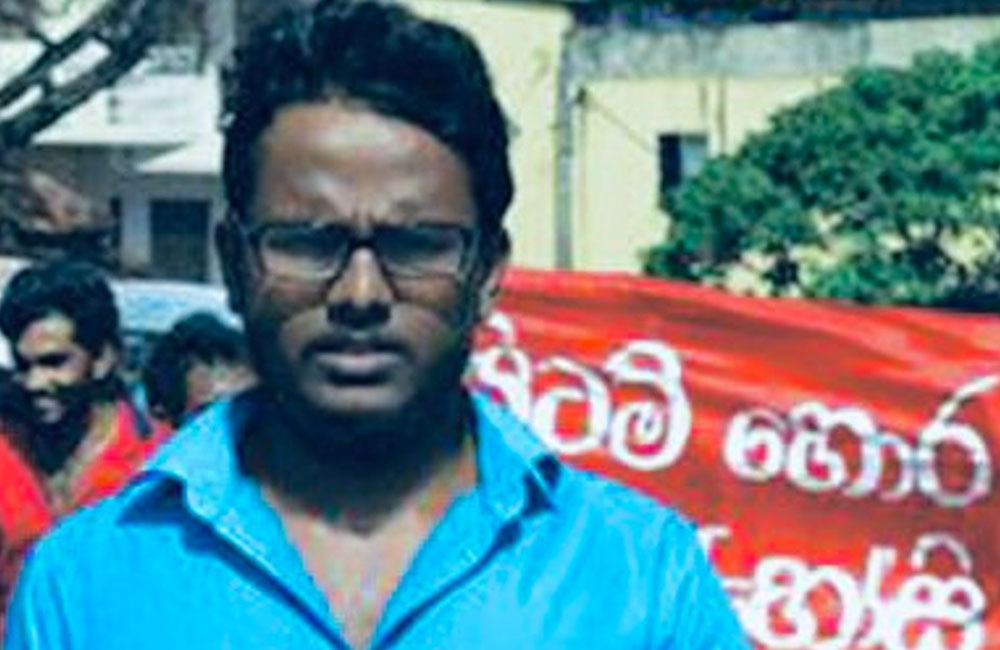
Student Activist Mangala Maddumage arrested
Student Activist Mangala Maddumage was arrested by the Colombo South Crimes Division for violating a court order on Monday (8), said Sri Lanka Pollice.
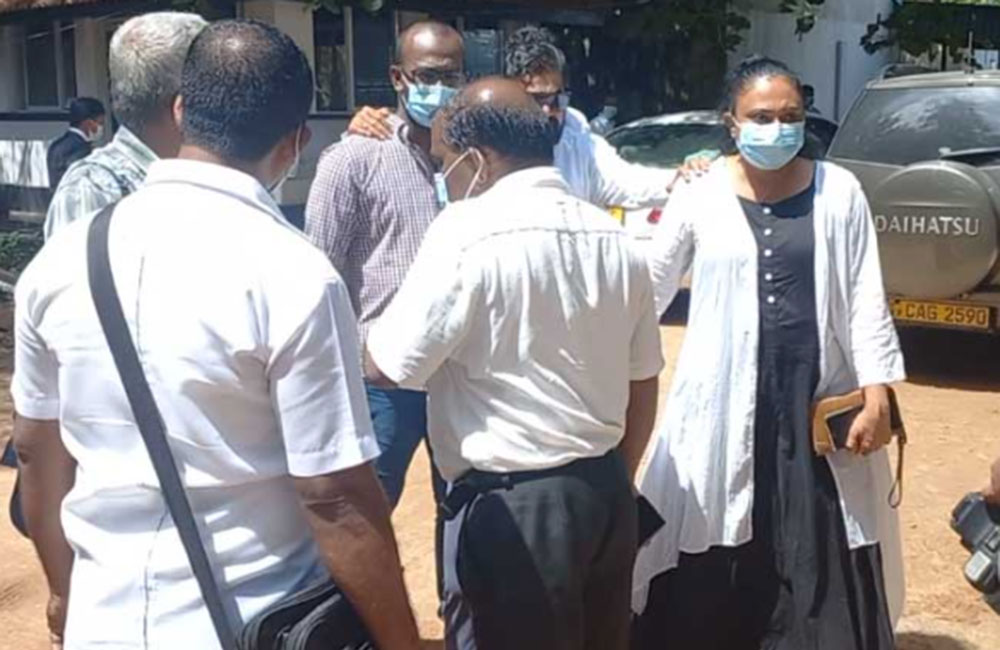
Eight protesters charged with unlawful assembly granted bail
Colombo Fort Magistrate Thilina Gamage today granted bail to 08 protesters, who were charged with unlawful assembly and obstruction of duties of police officers at the entry road to Colombo Fort Magistrate’s Court on May 25, were granted bail today (Aug 09).
They appeared before the court in compliance with a notice issued on them previously.
Among the accused were actress Damitha Abeyratne, YouTuber and social activist Rathindu Senaratne popularly known as “Ratta”, actor Jagath Manuwarna and Ceylon Teachers’ Union’s head Joseph Stalin.
Presenting submissions, Slave Island Police told the magistrate that the suspects were produced before the court in connection with obstructing the police officers on duty at the entry road to the Colombo Magistrate’s Court and a bus through unlawful assembly on May 25.
Appearing on behalf of the accused, President’s Counsel Upul Jayasuriya alleged that the police have fabricated the charges filed in the case.
Taking the submissions presented by both sides, the magistrate ordered to release the suspects on bail and fixed the proceedings to be taken up again on November 28.
The accused were also ordered to record statements with the Slave Island Police tomorrow (Aug 10).
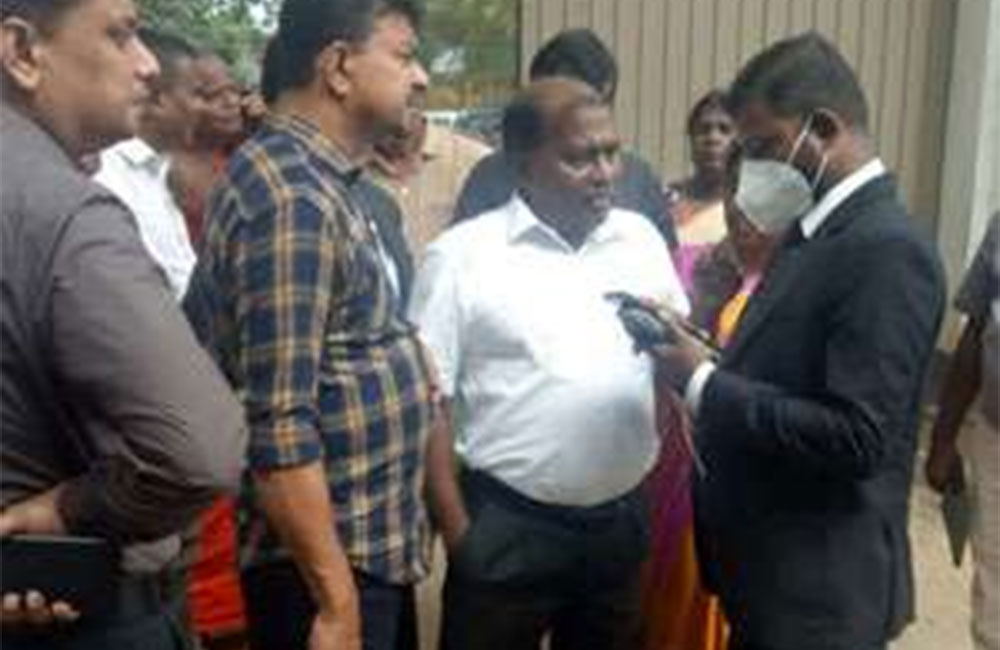
Joseph Stalin granted bail
Chief Secretary of the Ceylon Teachers’ Union Joseph Stalin who was remanded has been granted bail as ordered by the Colombo Fort Magistrate Court.
Arrested on August 03 based on the allegation of violating a court order by attending a protest on May 28, the Trade Union leader was remanded after being produced before the Court. Stalin was granted bail as he was produced before the Court today.
Page 315 of 681